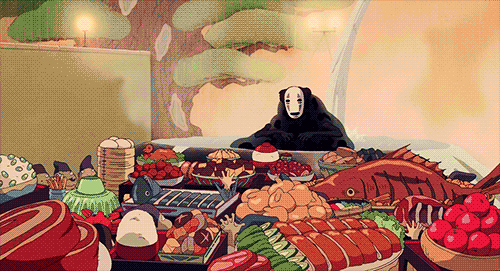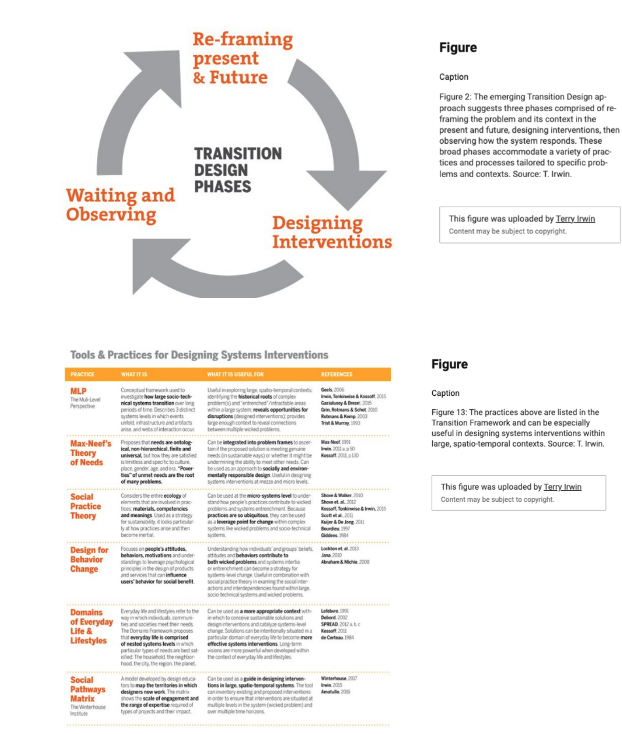Ideating outcomes & Redefining focus
Anthropologist Arturo Escobar argues that to foster transition into more – and rather urgent – sustainable futures, designers need to develop a relational conceptualisation of the domains of everyday life in terms of nested structures (household, village, city, region and the planet)’, Escobar points to the practice of‘transition design’, developed by designer and academic Terry Irwin; Irwin argues for the need for transition to more sustainable futures and proposes frameworks that enable designers and communities to work together at ‘the interconnectedness and interdependence of social, economic, political and natural systems’.
Consumer's connection to Food
The Oyster Table - Casestudy + MILK Project. The London-based designer duo Cooking Sections’ critical ecological-care practice, including the project Oyster Table*, brings together different actors – chefs, farmers, investors, the local community – as well as the natural environment, to reflect on the ecological impact of oyster consumption, linking both local production and global gastronomical spheres. But this practice of integrated care has yet to permeate into macro structural processes in architecture and urban planning. According to political scientist Joan Tronto in Critical Care: Architecture and Urbanism for a Broken Planet, contemporary architects and planners are still ‘caring wrongly’. She characterises them as ‘caring about things’ instead of the metabolic impact these have on human and non-human relationships.
In this speculative project, multiple people involved in the production of food were brought together to reflect on a particular food’s impact on the environment.
However, the people involved in the production of the food also play the role of a consumer in their daily life, hence sparking conversations about their own consumption as well. Seeing visually the people behind the food’s production showcases the narrative and efforts of the food, making them value the food even more.

